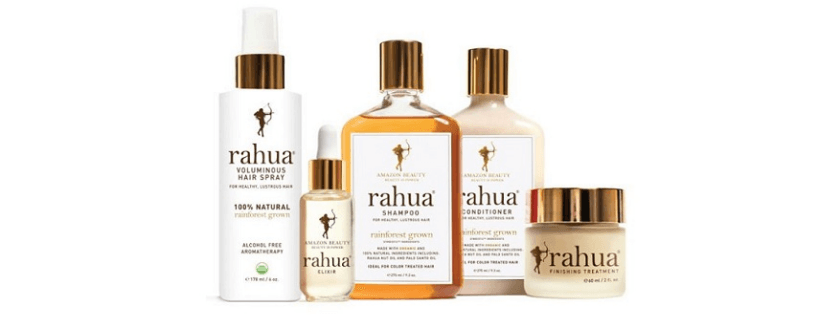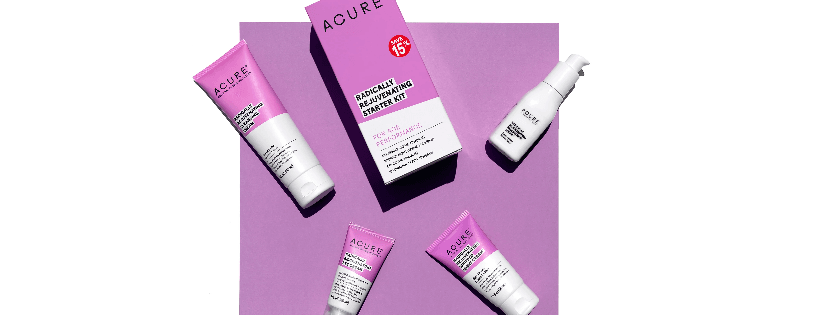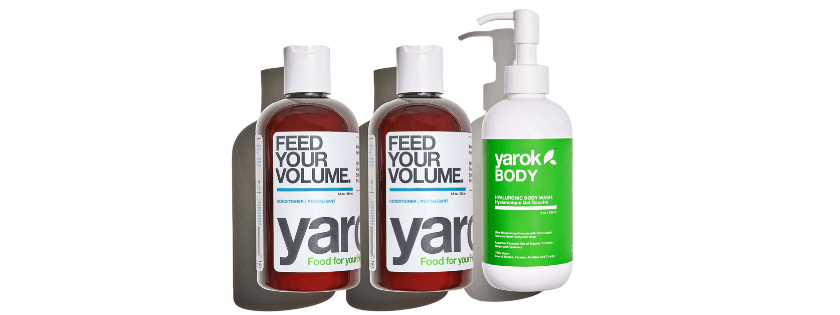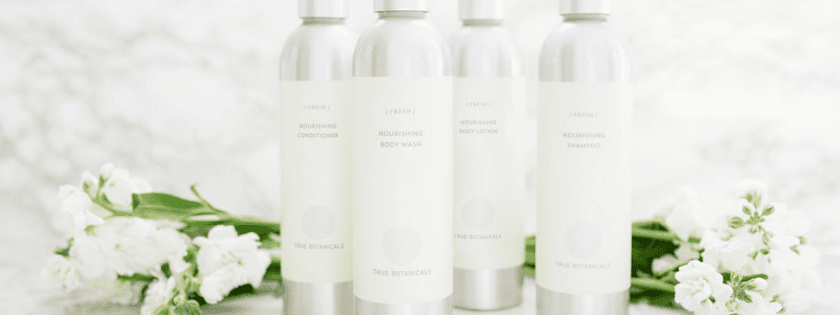Understanding Environmentally Friendly Shampoo
As environmental awareness grows, many consumers are seeking hair care solutions that align with sustainable and ethical values. Environmentally friendly shampoo focuses on minimizing ecological impact through safe ingredients, sustainable sourcing, and ethical production methods. This comprehensive guide dives into the benefits of eco-friendly shampoos, reviews top brands, and explains the environmental impact of traditional shampoo ingredients.
Top Environmentally Friendly Shampoos Reviewed
1. Rahua Hydration Shampoo

Rahua Hydration Shampoo is an organic hair care product crafted from natural ingredients such as rahua oil, quinoa extract, shea butter, and palo santo bark oil. It effectively nourishes and restores moisture while protecting hair from environmental damage. Notably free from sulfates, silicones, parabens, and synthetic additives, Rahua appeals to eco-conscious users looking to reduce chemical exposure.
- Pros: Sulfate, silicone, and paraben-free; rich in natural oils and extracts; moisturizes without heaviness.
- Cons: Premium pricing may deter budget shoppers.
2. John Masters Organics Zinc & Sage Shampoo

This gentle shampoo blends natural and organic ingredients, including zinc for stimulating healthy hair growth and sage for soothing the scalp. Free of sulfates, parabens, phthalates, and synthetic fragrances, it offers a mild cleanse without lingering residue.
- Pros: Organic ingredient list; gentle and effective; scalp-soothing properties.
- Cons: Availability may be limited in some regions.
3. Acure Radically Rejuvenating Haircare

Acure offers a USDA certified organic, cruelty-free, vegan-friendly, and gluten-free haircare line. While embracing eco-friendly values, it combines plant-based ingredients that rejuvenate hair health without harmful additives.
- Pros: Certified organic; vegan and cruelty free; safe for sensitive skin.
- Cons: Some products contain sulfates; packaging may not always be fully recyclable.
4. Yarok Feed Your Volume Organic Shampoo

Yarok's organic shampoo boosts hair volume by nourishing the scalp with aloe vera and jojoba oil. Its vegan, cruelty-free, and SLS/SLES sulfate-free formulation makes it gentle and eco-responsible.
- Pros: Certified organic; rich lather without harsh detergents; recyclable packaging where possible.
- Cons: Higher price point for some budgets.
5. True Botanicals Nourishing Shampoo

True Botanicals prioritizes natural, plant-based ingredients sourced from organic farms worldwide. Free from sulfates, parabens, phthalates, and artificial colors, it is cruelty-free certified by PETA and designed to minimize environmental impact.
- Pros: Non-toxic formula; responsibly sourced; cruelty-free certification; no artificial dyes.
- Cons: Premium pricing; possible allergic reactions for sensitive users (patch testing recommended).
Environmental Impact of Traditional Shampoos
Conventional shampoos commonly contain synthetic chemicals such as sulfates, parabens, phthalates, and artificial fragrances. Many of these compounds are harmful to aquatic ecosystems when washed into waterways. Surfactants disrupt water surface tension, causing eutrophication and oxygen depletion, which endangers plant and animal life. Moreover, chemicals like phthalates can act as endocrine disruptors, posing health risks to humans and wildlife.
Why Choose Eco-Friendly Shampoo?
Eco-friendly shampoos substitute harsh chemicals with plant-derived cleansers and minerals from renewable sources. Vegan-certified brands avoid animal testing and animal-derived ingredients, catering to ethical consumers. Additionally, many eco-friendly shampoos use biodegradable packaging and recyclable materials, reducing plastic waste.
Key Benefits of Eco-Friendly Shampoo
- Gentle Cleansing: Free of harsh detergents helps maintain scalp moisture and reduce irritation.
- Lower Environmental Impact: Avoidance of harmful synthetic chemicals reduces water pollution and supports aquatic health.
- Improved Hair and Scalp Health: Natural vitamins and oils nourish follicles, promoting stronger, healthier hair growth.
- Sustainable Production: Use of botanical ingredients and minimal harmful byproducts decreases carbon footprint.
Choosing the Right Environmentally Friendly Shampoo
When selecting an eco-friendly shampoo, consider these factors:
- Ingredient Transparency: Look for clear labels detailing organic, natural, and biodegradable components.
- Certifications: USDA Organic, PETA Cruelty-Free, Vegan, and other eco-labels provide assurance.
- Packaging: Prefer brands using recyclable, biodegradable, or refillable packaging.
- Personal Hair Needs: Match shampoo type to hair texture, volume, and sensitivity requirements.
Conclusion
Switching to an environmentally friendly shampoo is a practical and impactful way to reduce your ecological footprint while caring for your hair. Brands like Rahua, John Masters Organics, Acure, Yarok, and True Botanicals offer safe, effective, and sustainable options. Understanding the environmental downsides of traditional shampoos highlights the importance of choosing formulations that protect both your health and the planet. By making informed choices, consumers can contribute to a healthier ecosystem and enjoy natural hair care benefits.
